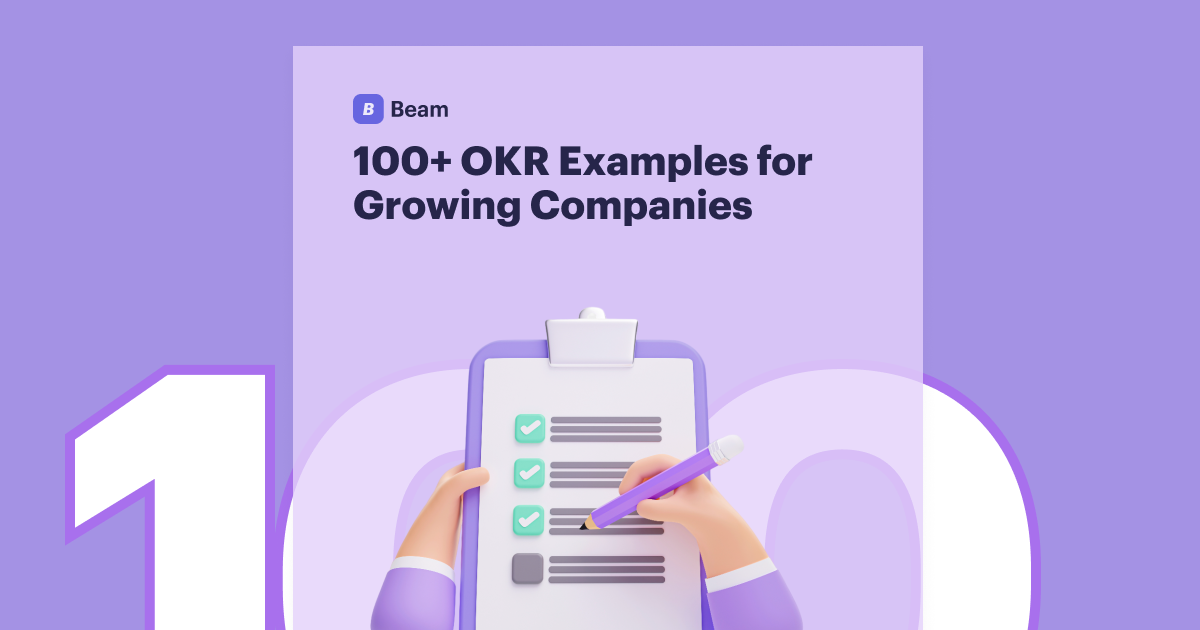AI Prompt Examples for Retrospectives
AI can act as a facilitator or thought-provoker during your retrospective sessions, helping to structure your reflection and extract deeper insights.
AI Prompt 1: Broad Reflection on the Past Cycle
“Reflect on the past OKR cycle for our [Product Development] team. What were our biggest successes and why? What were our biggest challenges/failures and what lessons can we learn for future cycles?"
How to use it: Provide the AI with a summary of your team's OKRs and their final scores, along with any relevant context (e.g., major events that occurred during the quarter).
Expected AI Output (Examples):
Biggest Successes & Why:
"Successfully launched Feature X, exceeding user adoption KR by 15%. This was due to strong cross-functional collaboration with marketing and early user testing."
"Reduced critical bug count by 40%. The dedicated 'bug bash' sprints and improved QA process were highly effective."
Biggest Challenges/Failures & Lessons:
"Missed our performance optimization KR (only 5% improvement vs. 20% target). Lesson: Underestimated the technical complexity and didn't allocate enough senior engineering time upfront. Need to conduct more thorough technical spikes during planning."
"Struggled with aligning our feature development with customer support's training schedule. Lesson: Improve inter-departmental planning and sync meetings earlier in the cycle."
AI Prompt 2: Identifying Process Improvements
“Based on our performance in the last OKR cycle (summarize key outcomes and challenges), identify 3 areas where we could improve our OKR setting or execution process for the next cycle. Specifically, consider issues like [overly ambitious KRs, lack of clear ownership, infrequent check-ins].”
How to use it: Provide the AI with a brief summary of the previous cycle's performance (e.g., "we consistently missed KRs by a wide margin," "our team felt confused about priorities"). Specify any known recurring issues.
Expected AI Output (Examples):
Improvement Area: OKR Ambitiousness/Realism in Setting.
Recommendation: Introduce a "confidence scoring" step during OKR planning, where teams rate their confidence (1-10) in achieving each KR. If confidence is low, prompt a discussion to either make the KR more realistic or identify needed resources/support.
Improvement Area: Clarity of KR Ownership & Dependencies.
Recommendation: Mandate explicit KR ownership for each Key Result in the OKR tool. During weekly check-ins, include a brief segment to highlight cross-functional dependencies and ensure proactive communication between dependent teams.
Improvement Area: Effectiveness of Weekly Check-ins.
Recommendation: Structure weekly check-ins more rigidly around "progress," "plans for next week," and "blockers." Limit status updates to 1-2 minutes per KR and dedicate more time to collaborative problem-solving for off-track items.

More OKR Resources

100+ OKR Examples





